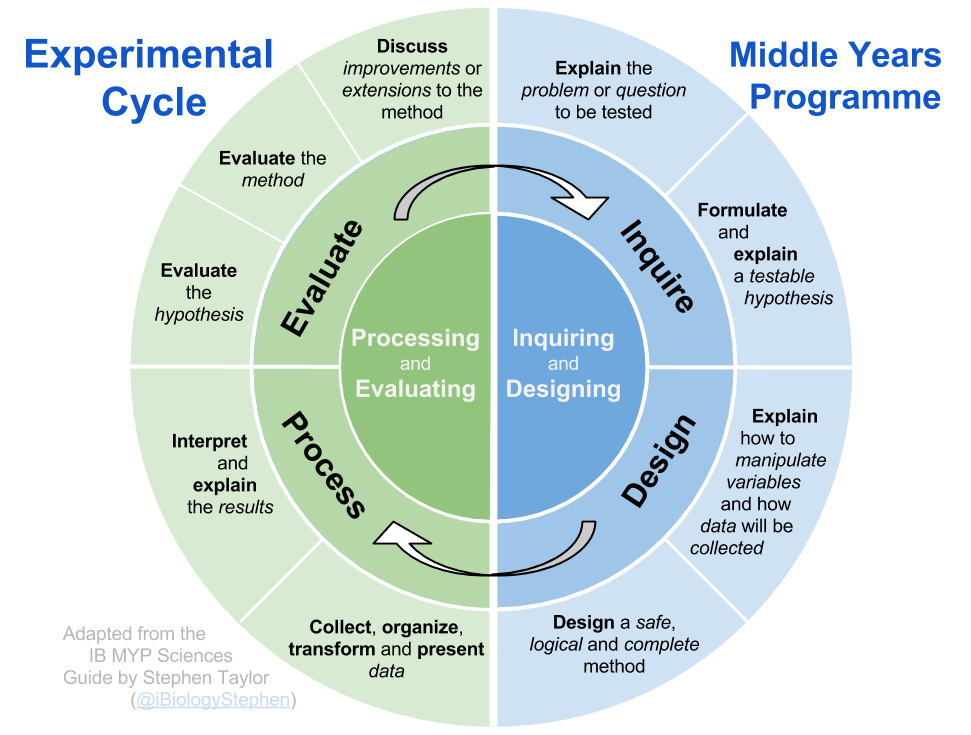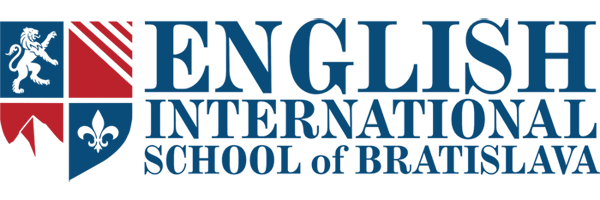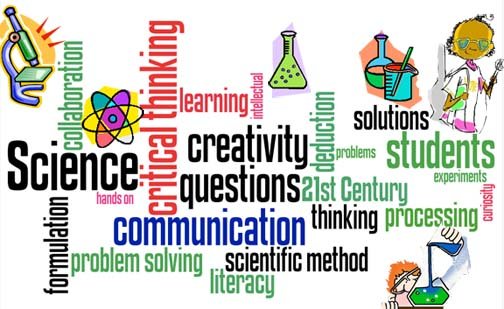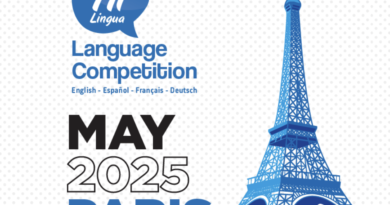Grading in MYP Sciences
Like all other subjects in the IB Middle Years Program, the Science course also has four objectives which are evaluated by the corresponding criteria A, B, C, D. Each objective (or criteria) is elaborated by a number of strands (more specific description of skill developed and evaluated), which can be used separately or combined as applicable.
Criterion A – Knowing and understanding – evaluates scientific knowledge of the topic (facts, ideas, concepts, processes, laws, principles, models and theories). Students need to explain their knowledge and apply it to solve problems in familiar and also unfamiliar contexts. Most tests or quizzes will be assessed using this objective.
Strands of criterion A:
i. explain scientific knowledge (what students know and how deep they can explain it)
ii. apply scientific knowledge and understanding to solve problems set in familiar and unfamiliar situations (what can students do with their knowledge?)
iii. analyze and evaluate information to make scientifically supported judgments (can students understand the given information and make conclusions supported by scientific knowledge?)
Criterion B and C are very often used together because they are mainly based on practical activity, where they follow the design cycle of the scientific investigation (picture below).

Intellectual and practical skills are developed through designing, analyzing and performing scientific investigations. Although the scientific method involves a wide variety of approaches, the MYP emphasizes experimental work and scientific inquiry.
To think of a prediction to some testable question using scientific reasoning requires students to include in their explanations the scientific concepts, theories or understanding that support their thinking on why or how something might happen the way they have predicted.
When students design a scientific investigation, they should develop a method that will allow them to collect sufficient data so that the problem or question can be answered.
Criterion B – Inquiring and designing
i. explain a problem or question to be tested by a scientific investigation
ii. formulate a testable hypothesis and explain it using scientific reasoning
iii. explain how to manipulate the variables, and explain how data will be collected
iv. design scientific investigations.
Criterion C – Processing and evaluating
Students collect, process and interpret qualitative and/or quantitative data, and explain conclusions that have been appropriately reached. MYP sciences helps students to develop analytical thinking skills, which they can use to evaluate the method and discuss possible improvements or extensions.
Strands of criterion C:
i. present collected and transformed data
ii. interpret data and explain results using scientific reasoning
iii. evaluate the validity of a hypothesis based on the outcome of the scientific investigation
iv. evaluate the validity of the method
v. explain improvements or extensions to the method.
Criterion B and C can of course be used in more theoretical assessments which will include for example some research to improve inquiry skills, or any other type of planning, designing, analyzing and processing tasks, even as simple as plan their learning progress, or analyze the results of their achievements could be incorporated.
Criterion D Reflecting on the impacts of science
Students gain global understanding of science by evaluating the implications of scientific developments and their applications to a specific problem or issue. Varied scientific language will be applied in order to demonstrate understanding. Students are expected to become aware of the importance of documenting the work of others when communicating in science.
Students must reflect on the implications of using science, interacting with one of the following factors: moral, ethical, social, economic, political, cultural or environmental, as appropriate to the task. The student’s chosen factor may be interrelated with other factors.
Strands of criterion D:
i. explain the ways in which science is applied and used to address a specific problem or issue
ii. discuss and evaluate the various implications of the use of science and its application in solving a specific problem or issue
iii. apply scientific language effectively
iv. document the work of others and sources of information used.




